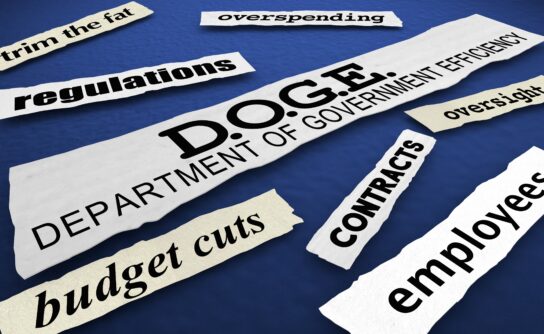We’re not even through the second month in 2021, and it’s already happened to me twice: I had two different clients lie to me about the facts and circumstances surrounding their case.
As an attorney, I proceeded along a course of action for both of these clients (completely different, unrelated matters and issues by the way) based on the lies. I spent my time weaving a legal strategy around the information I was given. I generated a demand letter for one client, and an Office Action Response to the United States Patent and Trademark Office for the other client. I spent hours doing this, and as an attorney I charge for my time — so the time I spent spinning my wheels was charged to my clients.
Surprise, surprise when I receive a response to my demand letter that the facts alleged in my letter were demonstratively false, rendering the underpinnings of my legal strategy completely worthless. For the Office Action Response, my client approved my work and I sent it in. A few days later, my client asked me if it matters that he didn’t disclose certain facts to me that are otherwise critical to our response.
Of course it matters.
I suspect both clients lied to me in the hopes they could control their respective narratives, to try to bend reality to their wishes. Instead, they ended up wasting a lot of time, money and goodwill.
Truth and Honesty are Critical in Building and Maintaining Trust
This reminded me of a blog article I wrote way back in March 2015 entitled, Trust in Business: As Important as Cash (almost), which was inspired by a book I read entitled, The SPEED of Trust: The One Thing That Changes Everything, written by Stephen M.R. Covey.
Being truthful impacts trust, and trust is an important component in helping us achieve our goals and objectives. Specifically, if we are deemed trustworthy by those we need to help accomplish our goals and objectives, such trust acts as a lubricant making it easier for us to accomplish those goals and objectives. Conversely, if we are deemed not trustworthy by those we need, then the lack of trust acts like a tax, making everything harder to accomplish.
A small amount of trust can be presumed at the start of a relationship, depending on a variety of factors, including reputation, relationship of the parties and more. But, trust can easily be squandered by dishonesty.
Dishonesty comes in many forms, some intentional and some not. It’s possible to be dishonest without actually telling a lie. It can be dishonest simply by not disclosing relevant, material information. It can be dishonest to not acknowledge mistakes or to sincerely apologize when deserved. It can be dishonest simply by not fulfilling the “brand promise” your company makes to the marketplace through its advertising and marketing campaigns. It can even be dishonest by not meeting the ethical guidelines placed on you by society, given your educational background or profession. It’s dishonest to “bend” the truth.
Dishonesty can absolutely kill a business. Being dishonest to employees can turn into HR complaints to the Department of Labor and state employment agencies. Being dishonest to vendors, partners and customers can turn into expensive and debilitating lawsuits.
Most people are smart and non-confrontational. This means if you’ve had to “bend” the truth on occasion or otherwise be dishonest in some way, but you haven’t been confronted about it, that doesn’t mean you got away with it. Most people know exactly what happened, and have purposefully chosen not to confront you about it.
I think in today’s outrageous political climate, it’s become commonplace to place trust in those whose ideas you agree with or people you otherwise like. If this sounds like you, please understand that this is not normal, and what you see working in the political context does not work in the business context.
I don’t care how much I like you, I need to put food on the table. If you’re going to lie to me — as your lawyer — it’s going to make me ineffective at my job, which means you’ll be dissatisfied with my performance, which jeopardizes my ability to get paid. Do you think I want to do business with anyone who will be dishonest with me?
Do you think your clients/customers will keep coming back to you and/or refer others to you, if they think they’ve been lied to? If they cannot trust you or your company?
Read my blog article about trust in business. If it resonates with you, purchase Mr. Covey’s book and read it cover to cover.
Law 4 Small Business (L4SB), a little law now can save a lot later. A Slingshot company.




